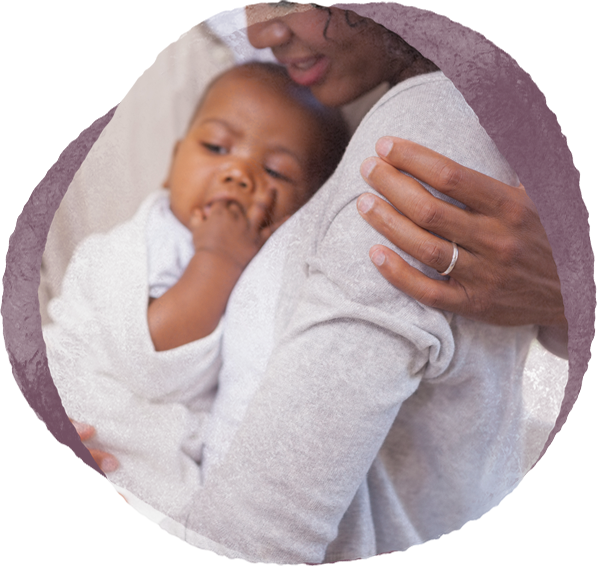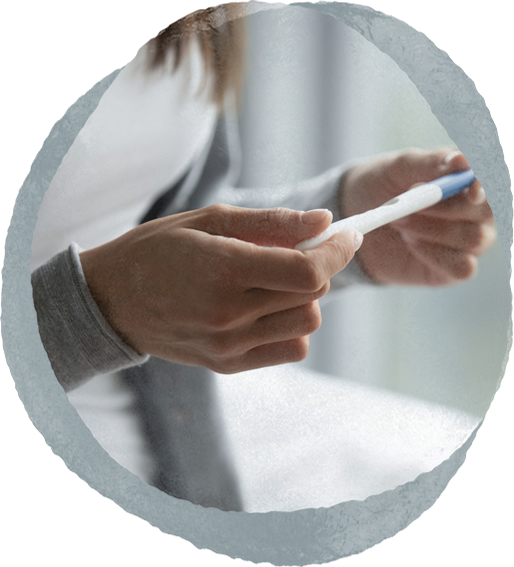


- Anovulation & other ovulatory disorders
- Autoimmune infertility
- Decreased uterine blood flow
- Diminished ovarian reserve (DOR)
- Endometriosis
- Luteal phase defect (LPD)
- Polycystic ovarian syndrome (PCOS)
- Poor egg quality
- Tubal obstruction
- Unexplained infertility
- Uterine lining problems
- Male factor infertility
- Low sperm count
- Low motility
- Poor morphology
- DNA fragmentation
- Antisperm antibodies
- Intrauterine Insemination (IUI)
- In-Vitro Fertilization (IVF)
- Frozen Embryo Transfer (FET)
- Donor Embryo Transfer (DET)
- IVF with Gestational Carrier


FAQs :
Unfortunately, we can’t predict how long it will take for you to conceive. There are many variables that determine any one patient’s ability to get pregnant. Our job is to get to know you so we can pinpoint those variables, resolve them when possible, and recommend additional steps when necessary.
In general, though, we recommend three months of regular treatment. During that time, we’ll focus on egg quality (which, because of folliculogenesis, takes about three months to improve), regulating the hormonal cycle, and reducing stress.
There is a 75-90% success rate amongst our patients, which is defined as conceiving and carrying to term. For those women under the age of forty who do conceive naturally, 80-90% of them are generally pregnant within 6-12 months. For those who are over the age of forty or who undergo IVF, 75-80% successfully conceive within 12 months or 3 IVF cycles.
Yes we do! Learn more about our Acupuncture procedure for supporting the IVF/IUI process.

